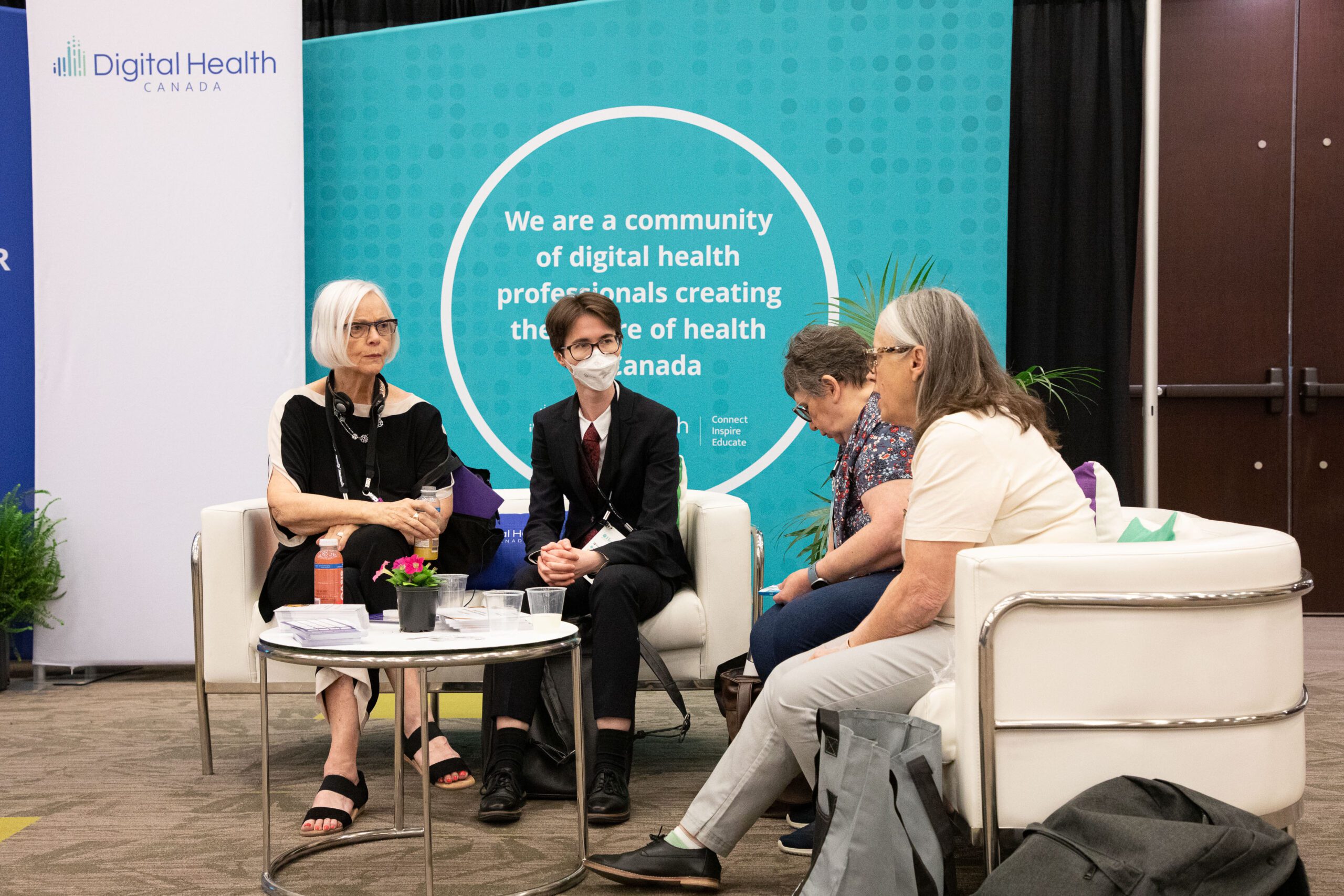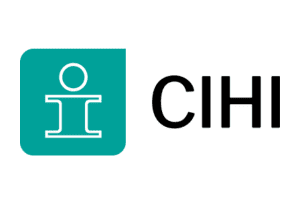Key takeaways from e-Health 2022

e-Health 2022 took place on June 1st and June 2nd, bringing together experts and learners in digital health from across Canada. This conference was hosted by Canada Health Infoway, Canadian Institute for Health Information (CIHI), and Digital Health Canada. There was meaningful discussion and discourse about the future of digital health and how it can better care for patients locally and globally.
The conference began with Dr. Rowland Illing (Chief Medical Officer and Director of International Public Sector Health for Amazon Web Services [AWS]), giving a keynote titled “Innovation in healthcare — a global perspective”.
Dr. Illing highlighted the initiatives that AWS has undertaken to accelerate innovation within digital health globally. He discussed how AWS Cloud enables security, scalability, and democratization in digital health and life science data. The goal of AWS healthcare and AWS Cloud combined is to increase access to and improve the delivery of digital healthcare. Ultimately, they aim to improve the current infrastructure while ensuring lower costs for practitioners who use digital healthcare services. Some increases in digital health that Dr. Illing noted were virtual care, electronic health records, and real time monitoring.
Further, during the COVID-19 pandemic, Canada increased digital health services and turned to AWS to optimize health for many patients. AWS cloud aims to address challenges and meet the needs of international customers to compensate for the increasing volume of digital data. Overall, AWS Cloud aims to offer better solutions to its end users.
Next at the conference was the Host Session panel which emphasized teamwork across organizations to improve interoperability for patient care. The panel was moderated by Cassie Frazer (Senior Director of the Private Sector Engagement at Canada Health Infoway). While the adoption of electronic health records is high amongst clinicians, there is a gap in interoperability and seamless data flow in cross-care settings.
Panelist Angela Lianos (Senior Director of Healthcare Consulting at PwC) highlighted that information sharing and digital health interoperability is a multi-year initiative and that to address issues of interoperability, there needs to be coordinated efforts with investment. Panelist Abhi Kalra (VP of Portfolio Management and Virtual Care Programs at Canada Health Infoway) outlined the key issues which exist with interoperability including technical, financial, usability, and policy barriers.
Finally, Brent Diverty (VP of Data Strategies & Statistics at CIHI) brought to attention current stakeholders and organizations that are working together to achieve interoperability. Each e-Health organization that collaborates brings its own unique efforts forward to advance a system that can achieve interoperability and give patients and providers the access they need to healthcare data.
The second day of the conference started off with a panel about bold projects in digital health monitored by Shiran Isaacksz (Executive Lead of University Health Network Connected Care). The panelists were asked what bold projects mean to them. Heather Dyck (Patient Partner of Saskatchewan Health Authority and Saskatchewan Centre for Patient-Oriented Research) sees bold digital health ideas as implementing hybrid models of care tailored towards the needs of patients in equitable and culturally safe ways.
Megan Hunt (Acting Executive Director, Primary Healthcare & eHealth of First Nations Health Authority) extended on this point and spoke about how the First Nation Health Authority aims to support Indigenous peoples’ health by using technology to remove barriers that can reduce access to health.
Dr. David Jaffray (SVP, Chief Technology & Digital Officer, Professor, Radiation Physics & Imaging Physics, University of Texas MD Anderson Cancer Center) defines the success of bold projects in digital health as those that add value to enhancing patient care. He noted that digital health is at the very beginning stages of helping realize what systems are needed to add value and success to patient care.
Dr. Carolyn Steele Gray (Scientist of the Lunenfeld-Tanenebaum Research Institute at Sinai Health System) spoke about some of the challenges that bold ideas have in digital health like the increasing aging population, caregiver burnout, equity challenges, and increasing complexity of care. Dr. Gray thinks that there needs to be a strong foundation of communication to figure out what is meaningful and that there needs to be readiness for transformation to think differently about bold ideas in digital health.
To end off the e-Health 2022 conference, Dr. Brad Nieder combined health with humour to deliver a closing keynote titled “Laughter is the Best Medicine”. Dr. Nieder pointed out that preschoolers on average laugh around 400 times a day. On the other hand, adults laugh around 10 times a day. Tackling health problems with digital health can be stressful. Dr. Nieder explained how as adults, there has been remarkable work in digital health so far like using digital health to improve mental healthcare, using artificial intelligence for breast cancer screening, and using digital health to improve outreach for Indigenous peoples’ healthcare.
A prescription was written by Dr. Nieder for the e-Health registrants for happy and healthy living stating, “a chuckle a day keeps the doctor away!”. Dr. Nieder reminded the e-Health registrants to stay grounded, mindful, and grateful amidst all the work that is being done in digital health.

Shveta Bhasker is an Incoming Master of Health Informatics Student at the University of Toronto.




